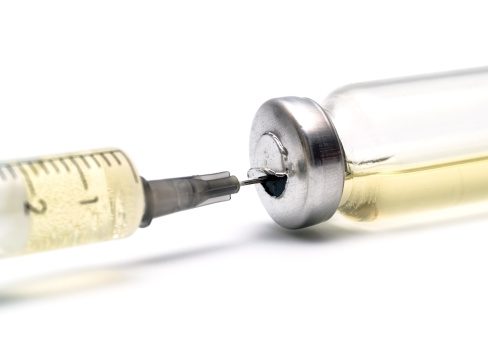Spanish doctor researching new methods to identify dopers

Cancer research may be yielding new methods of identifying dopers.
Cristobal Belda-Iniesta, the head of thoracic oncology and neuro-oncology at HM Hospitals in Madrid and professor at CEU San Pablo University, is overseeing a study that could lead to news ways of detecting drugs with very short half-lives. The drugs he’s looking into can become untraceable within hours but leave long-term signs of their use in genetic memory, sometimes up to five years.
“Indeed, tumour cells feed off EPO and because of that they develop specific receptors. For that reason, we know all about EPO and we are learning how to fight that as part of the battle against cancer,” Belda told El País.
Belda will present his research to Thomas Bach, head of the IOC, next month when they meet in Madrid to discuss the research and potential use for fighting the problem of doping in sport.
The Spanish doctor and his team know a lot about many of the substances used as performance enhancing drugs because the same substances are also often used in cancer treatment, such as EPO and growth hormones. These can change the makeup of cells for months after they have become undetectable through conventional testing methods.
Belda also noted that part of his interest in fighting doping with his work is that he believes many of these substances used as PEDs can also cause some cancers when used incorrectly. He notes there is little scientific research to back this up, but his team is looking into it with their research alongside the other work.
